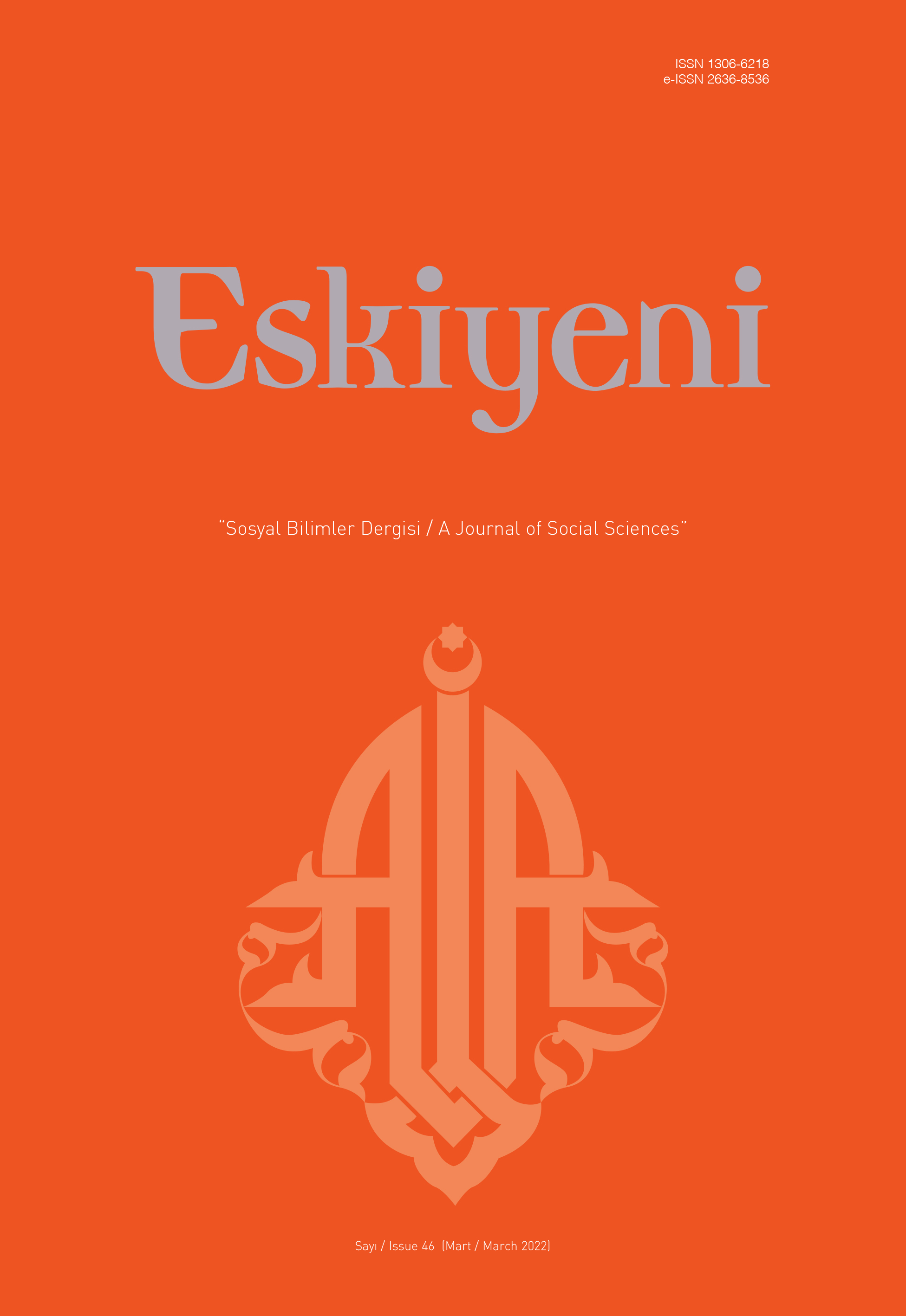Değerin Doğasına Dair Üç Mesele: Güç, İrade ve Eylem
Three Matters of the Nature of Value: Power, Will and Action
Author(s): Emrullah KılıçSubject(s): Ethics / Practical Philosophy
Published by: Anadolu İlahiyat Akademisi
Keywords: Moral Philosophy; Morality; Value; Power; Will; Action;
Summary/Abstract: While the modern period has criticized the knowledge, society and metaphysics theories on which the traditional period is based, disabling some of them, it has also caused important philosophical results by reconstructing some of them in its own way. With the Renaissance, a total mentality transformation took place, especially in the West, and depending on this transformation, self-consciousness has also changed along with the relationship that people establish with knowledge and interpretations related to it. Subsequently, with Descartes, the subject’s constructing itself through consciousness/cogito, Hume’s redefinition of human nature through moral feelings, Adam Smith’s transfer of the concept of economic value to the moral field, and Nietzsche’s reevaluation of values have deeply affected moral life. Ultimately, normative morality based on specific purposes in traditional societies has left its place to “value” that is positively constructed by thinking, knowing and acting subjects. Since the 20th century, the foundation of values with the subject’s interest, orientation and approval by scholars such as William James, C. Von Ehrenfels, R. Barton Perry and Hans Joas has changed the foundation of modern life. In accordance with this change, our study aims to examine the nature of values through the perspective of universal human nature, “power” based on dialectical process and mutual approval, “will” that includes the harmonious integrity of human experience, and psychological “action”, which is the essential quality of human beings. As a matter of fact, the determining power in the field of values can be read as an authority transfer that differs from the normative principles of the traditional period. In the new situation, with the support of science, power has been based on economic and psychological facts assumed to be in the universal human nature. Again, in the pre-modern period, the will, which was characterized a rational choice between two different options has turned into natural will and with the new situation has been labeled as the will of man’s sovereignty. Similar to power and will, the meaning attributed to action in the field of value has also differentiated, and action has been described as a psychological state and creative participation that requires perceiving or feeling what actually exists, rather than voluntary submission as in the traditional period. With this situation, which represents the search for the truth through practical life rather than theory, man has almost turned into a performance subject with his actions. In our study, starting from all these issues, it will be revealed how the values, by their nature, are built on the basis of legitimacy, unlike their traditional situations, by referring to the connotations of power, will and action in traditional moral structures. Morever, the evolution of the order and harmony-centered moral character of the traditional world to the search for the integrity of human actions in the field of values and the harmony and balance of things in their natural state will be tried to be discussed in all aspects.
Journal: Eskiyeni
- Issue Year: 2022
- Issue No: 46
- Page Range: 89-114
- Page Count: 26
- Language: Turkish

